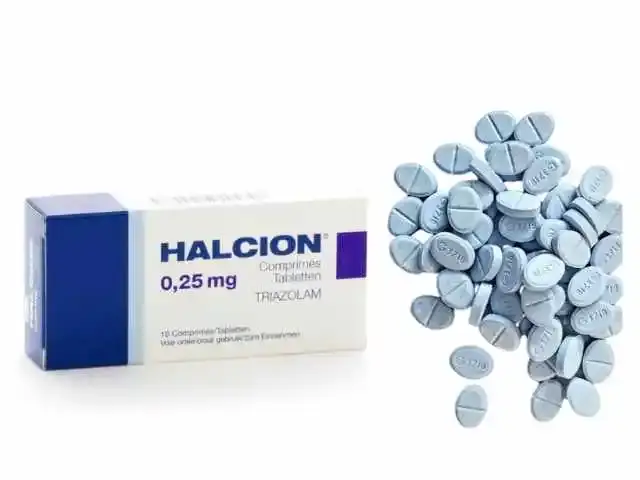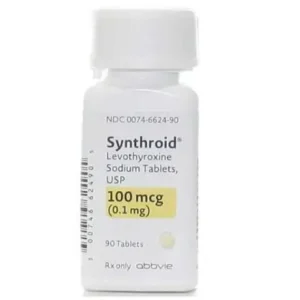Halcion is the brand name for the medication triazolam, which is a prescription drug that belongs to a class of drugs called benzodiazepines. It is primarily used to treat insomnia, specifically short-term or transient insomnia. Halcion works by affecting certain neurotransmitters in the brain to promote relaxation and sleep.
However, Halcion is known for its potential for dependence and addiction, and it is generally recommended for short-term use only due to the risk of tolerance and withdrawal symptoms. Prolonged or excessive use of Halcion can lead to issues such as drug dependence, cognitive impairment, and rebound insomnia when the medication is discontinued.
Because of these concerns, healthcare providers typically prescribe Halcion cautiously and at the lowest effective dose for the shortest duration necessary to treat insomnia. Patients should follow their healthcare provider’s instructions carefully when using this medication and should not use it for an extended period without medical supervision. If you have questions or concerns about Halcion or its use, it’s essential to discuss them with a healthcare professional.
Here is some additional information about Halcion (triazolam):
- Indications: Halcion is primarily prescribed to treat insomnia, especially when it is short-term or transient. It can help people fall asleep faster and stay asleep longer.
- Dosage: The dosage of Halcion is typically individualized, with the lowest effective dose recommended. The usual dose is 0.125 mg to 0.25 mg taken before bedtime. It’s important to follow the dosage instructions provided by your healthcare provider.
- Duration of Use: Halcion is intended for short-term use, usually no longer than 7 to 10 days. Prolonged or excessive use can lead to tolerance, dependence, and withdrawal symptoms.
- Side Effects: Like all medications, Halcion can have side effects. Common side effects may include dizziness, drowsiness, headache, and gastrointestinal disturbances. Some individuals may experience more serious side effects or allergic reactions, and it’s important to report any unusual or severe symptoms to your healthcare provider.
- Interactions: Halcion can interact with other medications, including alcohol and other central nervous system depressants. It’s essential to inform your healthcare provider about all the medications, supplements, and substances you are taking to avoid potential interactions.
- Withdrawal: When Halcion is discontinued after prolonged use, some individuals may experience withdrawal symptoms such as rebound insomnia, anxiety, and agitation. This is another reason why it’s crucial to use Halcion as prescribed by a healthcare professional.
- Precautions: Halcion should be used with caution in individuals with a history of substance abuse, as they may be at higher risk for developing dependence. It is generally not recommended for use in pregnant or breastfeeding women.
- Overdose: Taking too much Halcion can lead to an overdose, which may result in symptoms such as extreme drowsiness, confusion, loss of coordination, and even coma. If you suspect an overdose, seek immediate medical attention.
- Dependency: Because of the potential for dependence and withdrawal, healthcare providers carefully evaluate the need for Halcion and monitor patients using the medication.
It’s crucial to remember that Halcion should only be used under the supervision and guidance of a healthcare professional. If you are experiencing insomnia or sleep disturbances, it’s best to consult with your healthcare provider to determine the most appropriate and safe treatment options for your specific situation.






Reviews
There are no reviews yet.